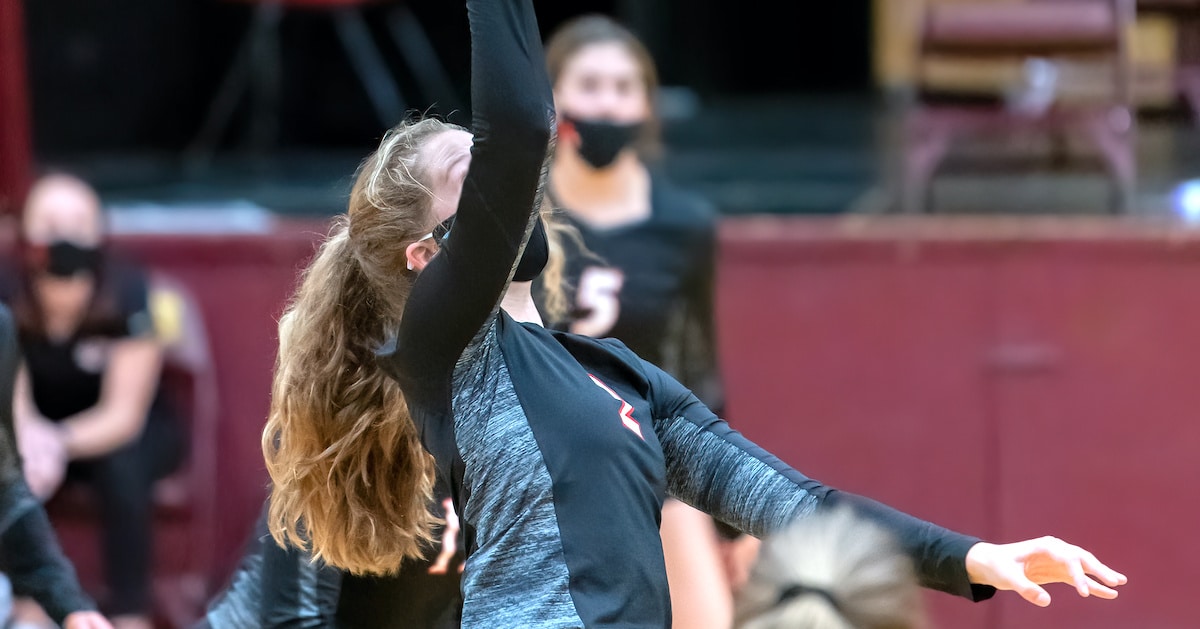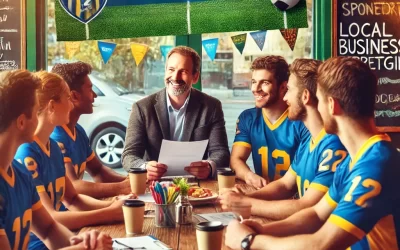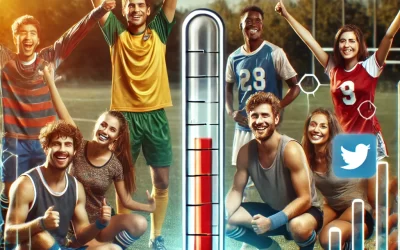When the COVID-19 crisis hit the world early last year, most areas of life were upended – with sports being no exception. Measures like social distancing, which were put in place to reduce the spread of the virus, affected all sporting activities, including professional, college, high school, and youth sports.
And although some sports resumed in 2020, sporting activities for children, high school students, and college scholars are yet to resume fully. This delay is unsettling the lives of about 35 to 45 million youth aged 6 to 18 years who participate in one or more sports.
However, the discovery of the COVID-19 vaccine has helped cool down the pandemic in most parts of the world. And, all sports enthusiasts, parents, and sportspeople are now waiting on government organizations to authorize the full resumption of the various sporting activities.
This post provides parents and students with tips and guidelines about returning to sport routines after COVID.
Why should sports resume?
The role of sports in the health of our youths can’t be overstated. The benefits include enhanced cardiovascular fitness, reduced risk of obesity, and healthy growth of muscles, bones, and ligaments.
In fact, the American Academy of Pediatrics (AAP) stresses the participation of children and adolescents in various sporting activities to improve their physical and mental health.
In addition to these benefits, sports also play a vital role in the world’s economy. In 2018, the global value for the sports industry was approximately $471 billion, which was expected to grow in the following years. However, with COVID-19, the value dropped but is expected to get back to normal with the full resumption of sports.
Should sportspeople be vaccinated?
Governments across the world have continually encouraged all eligible individuals to get the COVID-19 vaccine as soon as possible. Sportspeople should consider getting fully vaccinated when the vaccine is available to facilitate plans to return to sports fully.
However, the CDC advises that vaccination isn’t enough. Athletes must adhere to mitigation guidelines set forth by their state or local regulators to stay safe and prevent the spread of the virus.
Should I attend my child’s sports games and training sessions?
Parents or guardians who want to attend their children’s sports games and practices should do so, but make sure to observe state’s regulations. For instance, they should wear face masks and maintain social distance when possible, regardless of their vaccination status.
Also, parents or kids that show signs or symptoms of the virus should not attend any sports activity. Parents or spectators with high-risk health conditions should also stay away from these events.
Following these guidelines is key to ensuring that everything goes back to normal in due time.
Is there a risk of transmission of the virus for youths in sports?
According to World Health Organization, about 8.5% of the total cases of COVID-19 involve children under 18 years. Given the prolonged impact of the virus on individuals’ health, school administrators, families, and policymakers must consider adopting strong measures to combat its transmission.
For instance, they should encourage the youth to be involved more in outdoor sports such as rugby and football, whose transmission risk is low. Whether vaccinated or not, spectators that attend youth sports should adhere to COVID-19 guidelines, including wearing face masks and maintaining social distance.
What are the strategies to minimize the risk of transmission during youth sports?
With most sports resuming, families, spectators, and sportspeople must adhere to various strategies set forth by local, state, and national government and health agencies. Some of these strategies include:
- Sanitize or clean hands before and after games or training sessions.
- Avoid sharing equipment such as gloves, helmets, and water bottles
- Stay home if you’re showing signs of- or have tested positive for COVID-19
- Wear a mask
- Maintain social distance – for spectators.
When should children resume sports if they had COVID-19?
If your child is infected with COVID-19, you should consult a health care provider to determine the ideal time to resume sports. Although rare, the virus can damage the muscles of an individual’s heart. In turn, this could cause heart failure or death when an individual exercises – which is why it’s essential to consult a physician before resuming sports.
Usually, the care provider assesses the child’s symptoms, the severity of the disease, and medical history to advise on the resumption date.
Conclusion
Although sports are crucial for our overall health, following the correct guidelines while resuming any sport after COVID is essential. The above recommendations should help coaches, staff, and youths oversee a safe return to sports post-COVID.





